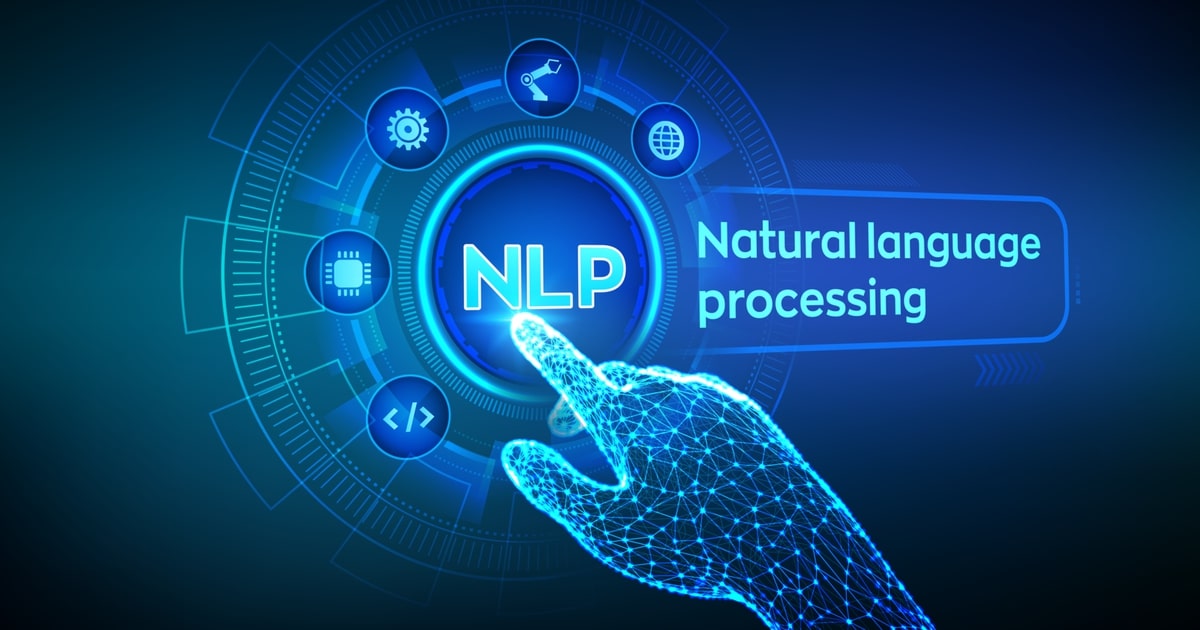The Application of NLP in Automatic Indexing and Content Search in an Online Store
Online stores constitute a significant portion of the global retail market. As e-commerce continues to evolve, efficient content search and indexing in online stores have become crucial. Understanding user intent and providing relevant search results are key to increasing conversions and customer satisfaction. In this regard, the development of Natural Language Processing (NLP) revolutionizes automatic indexing and content search in online stores.
NLP, or Natural Language Processing, is a field of artificial intelligence that enables computers to analyze, understand, and generate human language. In the context of online stores, NLP can be utilized for processing product descriptions, customer reviews, search queries, and various other forms of content. Consequently, search engines in online stores become more advanced and effective in matching content to user needs.
Let's explore a few examples of the business applications of NLP:
1. Enhanced product search
Traditional keyword-based search systems often generate results that are either too broad or too narrow. With NLP, online stores can analyze the semantics of user queries and match them with the relevant products. For instance, if a user enters the query "black cocktail dress," an NLP system can understand that they are looking for a black dress for a special occasion and propose suitable options.
2. Automatic content indexing
Manual content indexing can be time-consuming and prone to errors. NLP enables the automatic processing of product descriptions and other content, identifying key information such as product names, brands, features, sizes, colors, etc. As a result, online stores can swiftly index hundreds or even thousands of products, expediting the process of updates and introducing new offerings.
3. Personalized recommendations
NLP allows for the analysis of customer preferences based on their purchase history, viewed products, and online behaviors. Online stores can deliver personalized product recommendations, increasing the likelihood of completing transactions. For example, if a customer has been browsing for sports shoes in a specific color and size, an NLP system can suggest similar models available in the store.
The application of NLP in automatic indexing and content search in an online store brings numerous benefits to e-commerce businesses. This technology enables online stores to offer more precise search results, enhancing user experience and increasing conversions. Automatic content indexing through NLP facilitates faster updates and the introduction of new products to the store. Furthermore, the personalization of recommendations based on natural language analysis contributes to customer loyalty and higher order value.
In the competitive e-commerce landscape, leveraging NLP in automatic indexing and content search can provide a crucial advantage for online stores. It ensures better content alignment with user needs and enables more intuitive and efficient use of the shopping platform. Undoubtedly, NLP will play an increasingly significant role in the development of e-commerce, enabling online stores to achieve better business outcomes and customer satisfaction.




